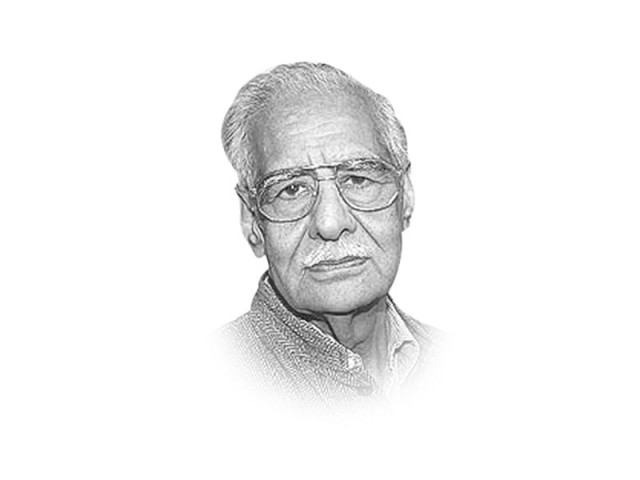Fluctuating fortunes of Manmohan Singh
The Indian government looks jaded and its claims sound like an overused gramophone record.

Rahul Gandhi — hope of the Congress party which heads the UPA — has himself, damaged his own stock. He never had the maturity but at least he spoke less. He needs to be repackaged and reinforced if the Congress wants any dividends from him in elections. He should have understood by now, what he should say openly and how to behave in public.
The worst hit person in the seven-and-a-half-years of UPA’s stint is the prime minister himself. Manmohan Singh was at the beck and call of Sonia Gandhi, when he assumed office seven years ago. Yet, he came to develop his own identity and made a niche for himself during this period. The second term of the UPA has shown the prime minister to be a tall person who had contributed a lot to make the Congress the largest party in the Lok Sabha.
When President Barack Obama visited India, Prime Minister Manmohan Singh on top of the world. He had the support of the middle class which had benefited the most during his rule. The Congress, still the personal domain of Sonia Gandhi, also came to respect him for his integrity and his maturity in economic matters.
And then Manmohan Singh ran out of luck. Scams and scandals tumbled out of the government’s cupboard, one after the other, showing losses of thousands of crores to the exchequer. His adherence to the coalition dharma, sharing power with the corrupt Dravida Munnetra Kazhagam, nibbled at his image and that of his government.
People were shocked to know that the PMO (prime minister’s office) was mixed up in covering up many shady deals or whitewashing them. What hit Manmohan Singh’s own stock was the 2G spectrum scandal. It was found that he knew about the involvement of his telecommunications minister A Raja, now in jail, and did not take any action until the opposition exerted pressure and made him relent in parliament. The Central Bureau of Investigation (CBI), directly under the government, became active only after it was given the green light. But it was too late. It was like locking the stable after the horse had bolted.
Another scandal, which pulled Manmohan Singh down, was the sprawling corruption of Suresh Kalmadi, in charge of the Commonwealth Games. Kalmadi was a senior Congress leader. The action against him was too slow and too half-hearted. Had Manmohan Singh acted against him quickly — Kalmadi was the topic of the 24-hour-discussion by television channels for a long time —the prime minister would have retrieved some prestige.
Even now, there is nobody who doubts Manmohan Singh’s integrity. Yet, there is nobody who disputes the charge that he presides over a set-up which reeks of corruption. On top of this is the ever-increasing inflation. It looks as if the government does not know how to control inflation. The 17 per cent price rise in foodstuffs is criminal and no head has rolled so far. The situation is sombre and holds no prospect of change.
Manmohan Singh gave himself six out of 10 marks on his government’s performance after the end of the first five-year term. This time, he would himself reduce the figure to three from six. His government passes marginally. But that is not saying much.
The Congress and the government will have to work hard if they want to return to power. Home Minister P Chidambaram is not wrong when he says “he would like a decision to be made more quickly”. Yet, this alone, will not do. The Manmohan Singh government has to re-win credibility and create conditions under which the common man feels the glow of the nine per cent growth. So far, the rich have garnered the gains and for the first time Ratan Tata was bold enough to admit it.
Published in The Express Tribune, May 30th, 2011.














COMMENTS
Comments are moderated and generally will be posted if they are on-topic and not abusive.
For more information, please see our Comments FAQ